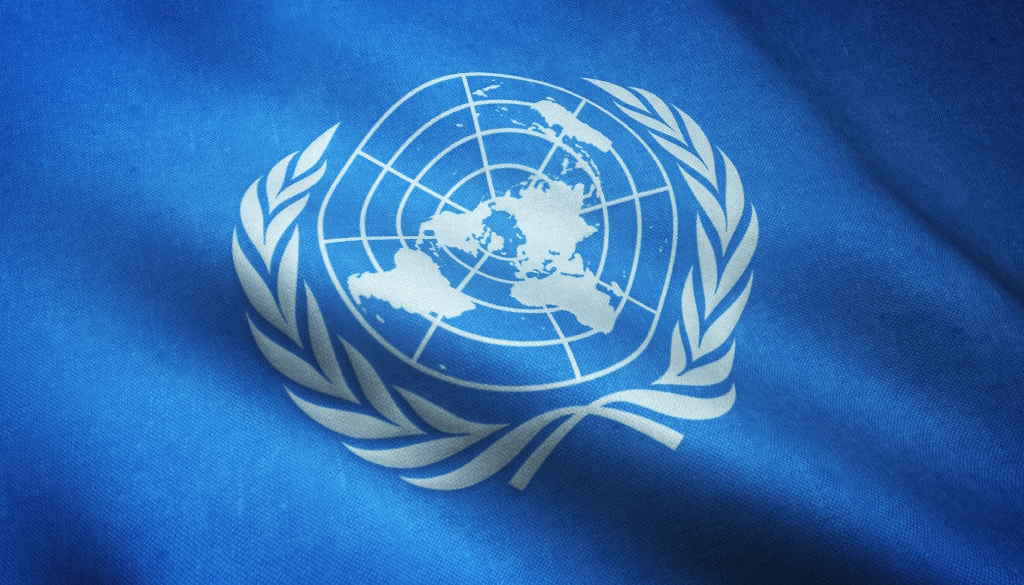In a concerted global endeavor, organizations and governments from around the world have joined forces to address one of the most critical healthcare challenges facing developing nations: maternal health. The launch of this comprehensive initiative aims to make significant strides in reducing maternal mortality rates and improving the overall well-being of mothers and their newborns in regions with limited access to quality healthcare.
Background: Maternal mortality remains a pressing issue, particularly in low-income and resource-constrained countries. Each day, thousands of expectant mothers face life-threatening complications during pregnancy and childbirth due to factors such as inadequate healthcare facilities, lack of skilled medical professionals, and limited access to essential maternal healthcare services. This initiative seeks to address these disparities and provide much-needed support to mothers and communities in need.
Key Objectives: The global effort to improve maternal health in developing nations is multifaceted, with several key objectives at its core:
- Access to Prenatal Care: Ensuring that all expectant mothers have access to early and regular prenatal care, which is crucial for monitoring maternal and fetal health, detecting complications, and providing timely interventions.
- Skilled Birth Attendance: Promoting the presence of skilled birth attendants, such as midwives and healthcare professionals, during childbirth to reduce the risk of complications and improve maternal and neonatal outcomes.
- Emergency Obstetric Care: Strengthening healthcare facilities to provide emergency obstetric care, including surgical interventions and blood transfusions, to manage complications that can arise during labor and delivery.
- Education and Awareness: Raising awareness among communities about the importance of maternal health and the benefits of seeking medical care during pregnancy and childbirth.
- Family Planning Services: Expanding access to family planning services and contraceptives to empower women and couples to make informed decisions about family size and spacing pregnancies.
- Nutrition and Well-Being: Addressing maternal malnutrition and promoting overall well-being through access to proper nutrition, clean water, and essential healthcare services.
Collaboration and Funding: The success of this global effort relies on collaboration among governments, non-governmental organizations, healthcare providers, and community leaders. Funding commitments from donor countries and organizations are crucial to support initiatives, build healthcare infrastructure, and train healthcare workers in developing nations.
Measuring Progress: Monitoring and evaluation mechanisms will be put in place to track progress and ensure that interventions are making a positive impact. Metrics such as maternal mortality rates, access to prenatal care, and skilled birth attendance will be used to assess the effectiveness of the initiative.
A Message of Hope: The launch of this global effort to improve maternal health in developing nations is a significant step toward addressing a longstanding and urgent healthcare challenge. By working together, the international community aims to provide hope and support to countless mothers and families, ensuring that childbirth becomes a safer and more joyous experience for all, regardless of where they live.



 UN
UN 



